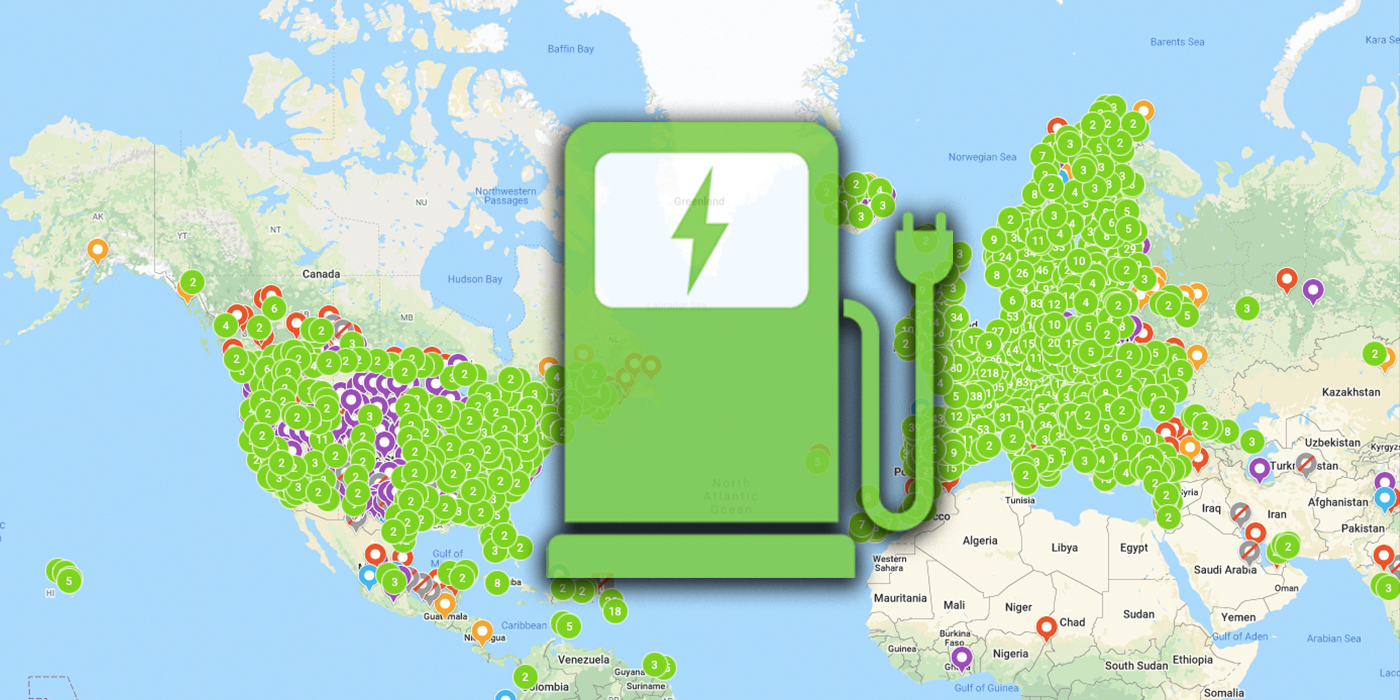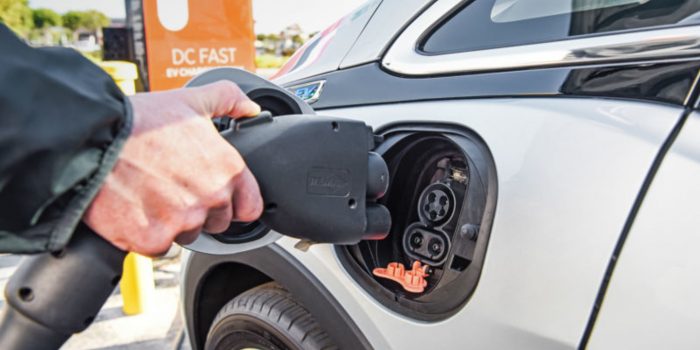After an act of Congress and $7.5 billion from federal funding, 50 of the US’ power companies are on board to develop a coast-to-coast fast-charging network for electric vehicles.
Members of the National Electric Highway Coalition say that they serve almost 120 million customers in 47 states and the District of Columbia. It was said that a focus would be made on filling the gaps in existing fast-charging networks along interstate highways.
The group is “committed to investing in and providing the charging infrastructure necessary to facilitate electric vehicle growth and to helping alleviate any remaining customer range anxiety,” said Tom Kuhn, president of the Edison Electric Institute, which helped build the coalition.

“By merging and expanding the existing efforts underway to build fast-charging infrastructure along major travel corridors, we are building a foundational EV charging network that will help to encourage more customers to purchase an electric vehicle,” he said in a statement.
The announcement’s accompanying low-res map has strong “MapQuest circa 2003” vibes. The US Department of Energy’s EV charging map shows that states in the Midwest and Intermountain West have a paucity of DC fast chargers.

The new collaborating companies have gaps as well. Specifically, they are from North Dakota down to New Mexico. They have a strong presence in states where fast chargers are hard to find, like Indiana, Iowa, Illinois, and Wisconsin. Southern states get better coverage, too, including Tennessee and the northern halves of Mississippi and Alabama. West Virginia and Western Pennsylvania are also getting the facilities.
The Biden administration has made the development of the EV charging infrastructure a priority for itself. It aims to build 500,000 fast chargers by 2030. A lot of utilities will need to acquire special permission from regulators, but the EEI says that over 50 have already received approval for $3 billion worth of EV-related projects.


